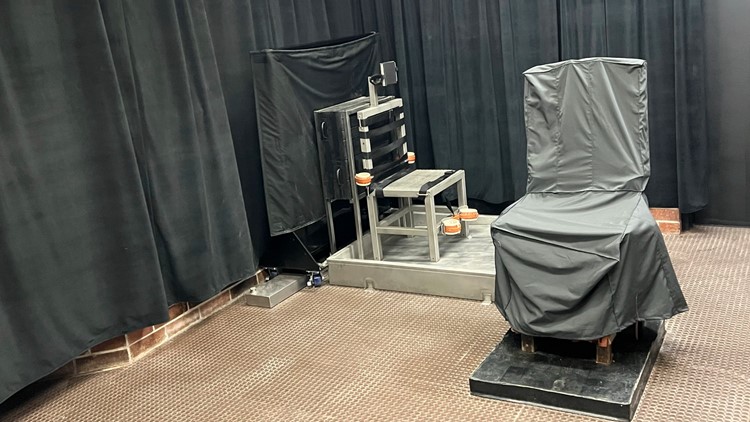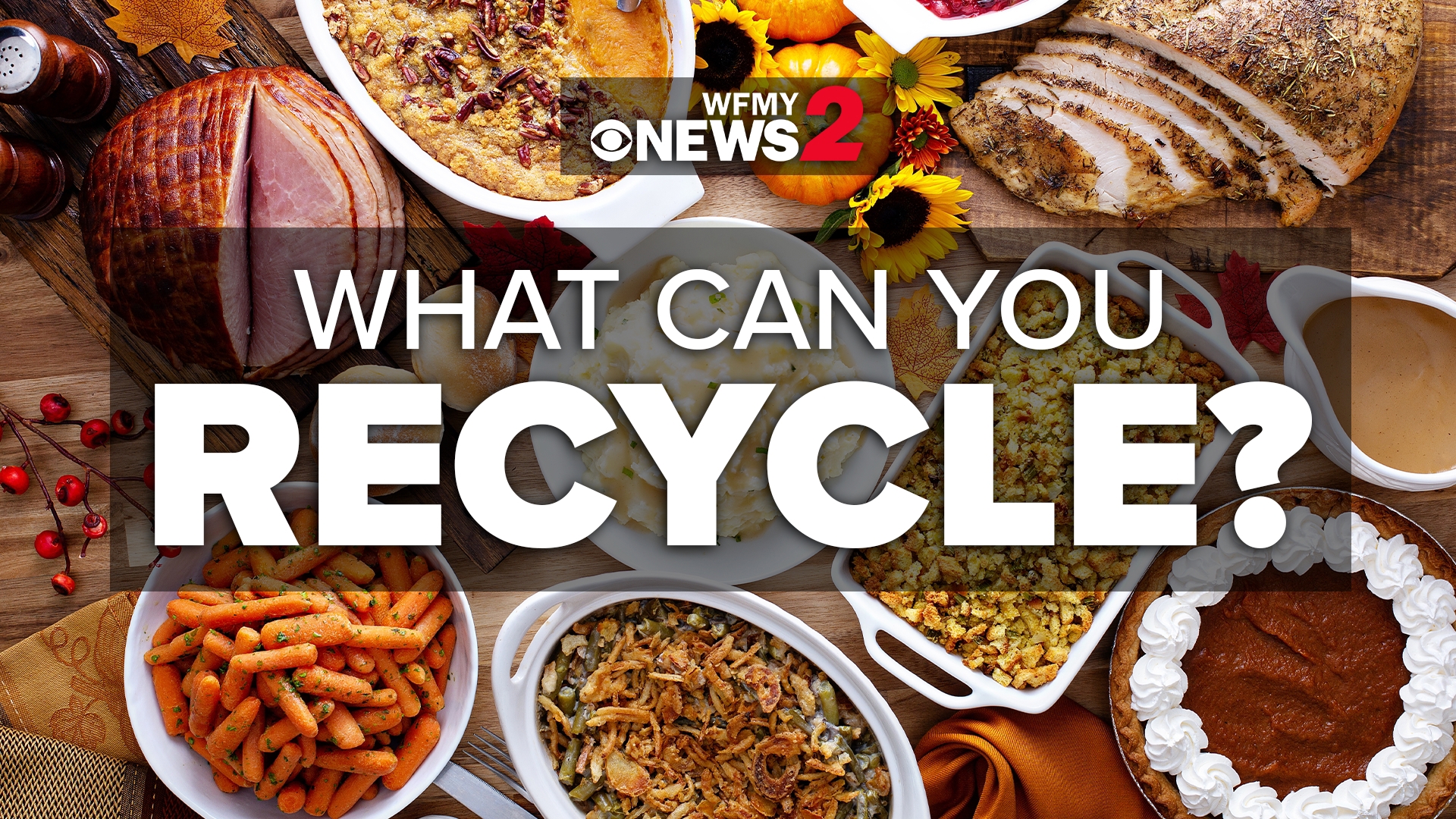COLUMBIA, S.C. — A South Carolina inmate scheduled to be executed Friday is asking Gov. Henry McMaster to spare his life, something no governor in the state has done since the death penalty was restarted nearly 50 years ago.
Freddie Eugene Owens, 46, is set to be the first person to be executed in South Carolina in 13 years. His lawyer chose lethal injection over the firing squad or electric chair after Owens turned the decision over to her.
McMaster has said he will stick to the historic practice of announcing his decision on the phone with the prison minutes before Owens' lethal injection is set to start.
Owens is being sent to the death chamber for the killing of Greenville convenience store clerk Irene Graves in 1997. While awaiting sentencing after being found guilty in her death, Owens killed a fellow jail inmate in a brutal attack, authorities said, Prosecutors read Owens' confession before the two juries and judge who decided he should die. He was never tried in the inmate's death.
Owens' clemency request before Friday's execution states that prosecutors never presented scientific evidence that Owens pulled the trigger when Graves was killed because she couldn't open the store's safe, his lawyers said in a statement.
A co-defendant who was in the store pleaded guilty and testified that Owens was the killer, but Owens' attorneys said the other man had a secret deal with prosecutors to avoid a death sentence or life in prison.
They also said Owens was just 19 when the killing happened and that he had suffered brain damage from physical and sexual violence while in a juvenile prison.
“Because Khalil’s youth and traumas prevented him from functioning as an adult, it is unjust to punish him as one,” Owens' lawyers said. Owens changed his name to Khalil Divine Black Sun Allah while in prison, but court records continue to refer to him as Freddie Owens.
Owens' lawyers have not publicly released the full clemency petition.
The arguments are similar to ones the defense attorneys made last week when they asked the South Carolina Supreme Court to postpone Owens' execution. The justices rejected them, saying either they had been argued in the past or didn't rise to the level of stopping the execution after decades of appeals.
Owens has been sentenced to death on three separate occasions after parts of his case were overturned and his capital sentence thrown out.
Lawyers for the state Attorney General's Office said prosecutors showed during Owens’ final sentencing hearing that the man who pulled the trigger was wearing a ski mask while the other man had a stocking mask. They then linked the ski mask to Owens.
But hanging over Owens' case is the other killing. Before he was sentenced in Graves' killing, Owens attacked a fellow jail inmate, Christopher Lee.
Owens gave a detailed confession about how he stabbed Lee, burned his eyes. choked and stomped him, ending by saying he did it “because I was wrongly convicted of murder,” according to the written account of an investigator.
Owens' confession was read by prosecutors each time a jury or judge was determining whether he lived or died. He was charged with murder in Lee’s death but never taken to court. Prosecutors dropped his charges a few years ago when he ran out of appeals in Graves's case with the right to restore them if they wanted.
In South Carolina, the governor has the lone ability to grant clemency and reduce a death sentence to life in prison. However, no governor has done that in the state’s 43 executions since the death penalty was restarted in the U.S. in 1976.
McMaster has repeatedly said that he hasn’t decided what to do in Owens’ case and that he will review any information given to him thoroughly. He says that as a former prosecutor he respects jury verdicts and court decisions,
“When the rule of law has been followed, there really is only one answer,” McMaster said.
At least five other death row inmates in South Carolina are out of appeals and the state Supreme Court has ruled they can be executed in five-week intervals.



